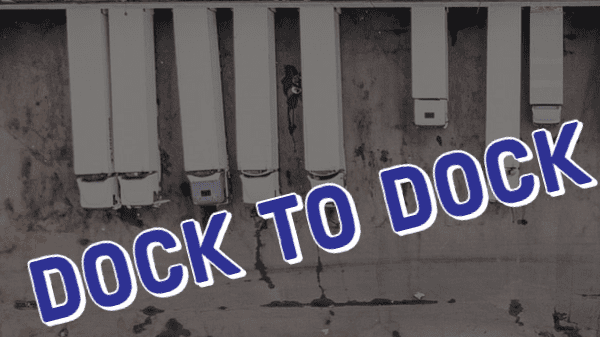The Problem: Parties cannot agree on responsibility for trouble load at destination.
The Key Point: Mitigate damages now; assess responsibility later.
The Solution: “Handle for the account of whomever it may concern.”
Q: We are a freight broker located in Texas. We occasionally run into situations where a receiver will reject a shipment due to late arrival or allegations that the carrier failed to maintain proper temperatures. In instances where the carrier is at fault, we will agree to let the receiver handle the load for the carrier’s account.
When the evidence of a carrier breach is lacking, however, we tend to decline such agreements. This sometimes creates friction and delays with no one wanting to take responsibility for the load. What does Blue Book recommend?
A: When a receiver claims a breach by the carrier and rejects the load, it will often make sense for the carrier to agree to allow the receiver to handle the product for its account, provided the carrier believes it is responsible for the problems with the load.
Carriers may not be eager to take the product elsewhere, especially if they don’t have existing contacts in the area they trust are willing and able to salvage distressed product.
When the carrier doesn’t believe it is responsible for the alleged damage, however, it may understandably be reluctant to agree that the product can be handled for its account. This situation can lead to an impasse that prevents the product from being sold promptly for its best value.
One way to avoid this impasse is for the parties to stipulate that the receiver handles the product “for the account of whomever it may concern.”
An agreement to allow the receiver to handle the produce on this basis makes it clear to all parties that the carrier’s agreement cannot be construed as an admission of fault.
Handling the product “for the account of whomever it may concern” may help the parties work together to mitigate losses with the understanding that any dispute as to responsibility for losses is being investigated (e.g., carrier ordering a reefer download), and will be determined after the product is sold.



